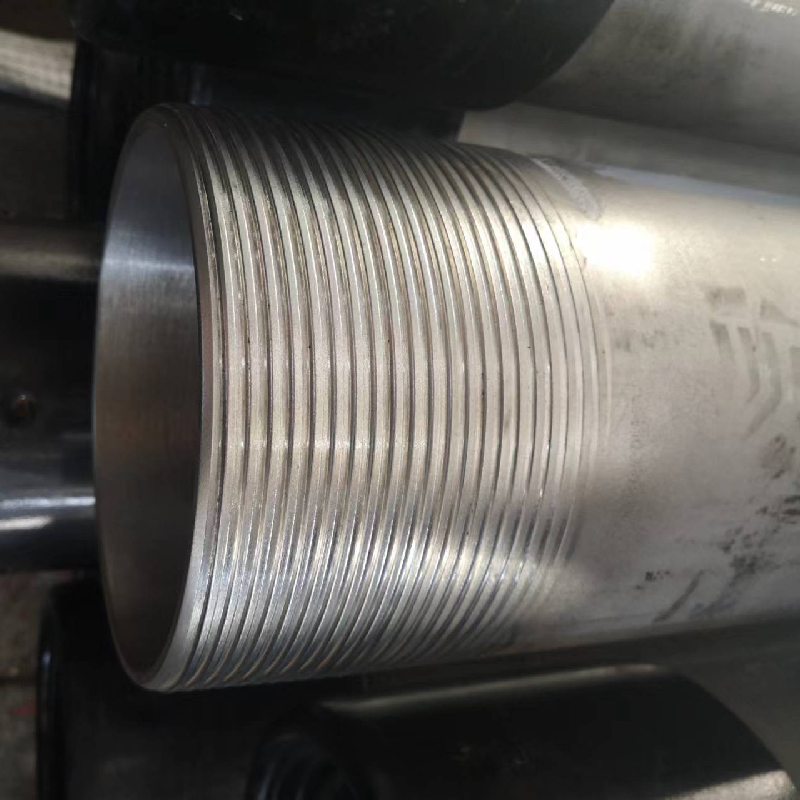- Afrikaans
- Albanian
- Amharic
- Arabic
- Armenian
- Azerbaijani
- Basque
- Belarusian
- Bengali
- Bosnian
- Bulgarian
- Catalan
- Cebuano
- Corsican
- Croatian
- Czech
- Danish
- Dutch
- English
- Esperanto
- Estonian
- Finnish
- French
- Frisian
- Galician
- Georgian
- German
- Greek
- Gujarati
- Haitian Creole
- hausa
- hawaiian
- Hebrew
- Hindi
- Miao
- Hungarian
- Icelandic
- igbo
- Indonesian
- irish
- Italian
- Japanese
- Javanese
- Kannada
- kazakh
- Khmer
- Rwandese
- Korean
- Kurdish
- Kyrgyz
- Lao
- Latin
- Latvian
- Lithuanian
- Luxembourgish
- Macedonian
- Malgashi
- Malay
- Malayalam
- Maltese
- Maori
- Marathi
- Mongolian
- Myanmar
- Nepali
- Norwegian
- Norwegian
- Occitan
- Pashto
- Persian
- Polish
- Portuguese
- Punjabi
- Romanian
- Russian
- Samoan
- Scottish Gaelic
- Serbian
- Sesotho
- Shona
- Sindhi
- Sinhala
- Slovak
- Slovenian
- Somali
- Spanish
- Sundanese
- Swahili
- Swedish
- Tagalog
- Tajik
- Tamil
- Tatar
- Telugu
- Thai
- Turkish
- Turkmen
- Ukrainian
- Urdu
- Uighur
- Uzbek
- Vietnamese
- Welsh
- Bantu
- Yiddish
- Yoruba
- Zulu
Optimizing Threading for Wholesale API Casing and Coupling Solutions in Manufacturing
Understanding the Role of Threading, Casing, and Coupling in Wholesale API Operations
In the field of oil and gas production, the terminology surrounding equipment and components can be quite specialized. One such area is the interaction between threading, casing, and coupling, particularly in the context of the American Petroleum Institute (API) standards. Understanding these components is vital for wholesalers operating within this industry, as they play a crucial role in ensuring secure and efficient drilling operations.
Threading in API Systems
Threading refers to the helical structure that allows components to be joined together. In API drilling systems, the threading ensures that various elements of the drill string—including pipes and casings—can be connected securely. API specifications dictate the precise dimensions and tolerances for these threads, enabling compatibility and reliability among different manufacturers. As wholesalers navigate the complexities of sourcing these threaded components, they must ensure adherence to API standards to maintain system integrity.
Casing A Protective Shell
Casing is a critical component of oil and gas drilling operations, providing structural stability to the wellbore. It serves multiple functions, including preventing the collapse of the well, isolating high-pressure zones, and protecting groundwater from contamination. API specifications outline the types and grades of casing materials suitable for different drilling conditions. Wholesalers must be well-versed in these specifications to provide the right casing products that meet the specific demands of their clients' drilling projects.
wholesale api threading casing coupling

Coupling The Unifying Element
Couplings are the connectors that join sections of pipe together. In the context of API drilling, couplings are essential for creating a continuous string of casing or tubing, allowing for deeper drilling without interruptions. The design and manufacturing of couplings must also comply with API standards to assure strength and durability under high-pressure conditions. For wholesalers, understanding the various types of couplings available—including threaded couplings—is critical for offering the right solutions to their customers.
The Wholesale API Market
The wholesale market for API-threaded casing and coupling components is competitive and demanding. Wholesalers must not only maintain a robust inventory but also establish strong relationships with manufacturers to ensure that they receive high-quality components at competitive prices. Furthermore, they need to stay updated on industry trends and technological advancements that may impact the specifications and performance of these components.
Conclusion
In summary, threading, casing, and coupling are integral elements in the API framework, essential for safe and effective drilling operations. For wholesalers in the oil and gas sector, a deep understanding of these components, along with strict adherence to API standards, is paramount. By ensuring that they provide quality products and build reliable joint systems, wholesalers can contribute significantly to the efficiency and safety of drilling operations worldwide.
-
Tubing Pup Joints: Essential Components for Oil and Gas OperationsNewsJul.10,2025
-
Pup Joints: Essential Components for Reliable Drilling OperationsNewsJul.10,2025
-
Pipe Couplings: Connecting Your World EfficientlyNewsJul.10,2025
-
Mastering Oilfield Operations with Quality Tubing and CasingNewsJul.10,2025
-
High-Quality Casing Couplings for Every NeedNewsJul.10,2025
-
Boost Your Drilling Efficiency with Premium Crossover Tools & Seating NipplesNewsJul.10,2025







